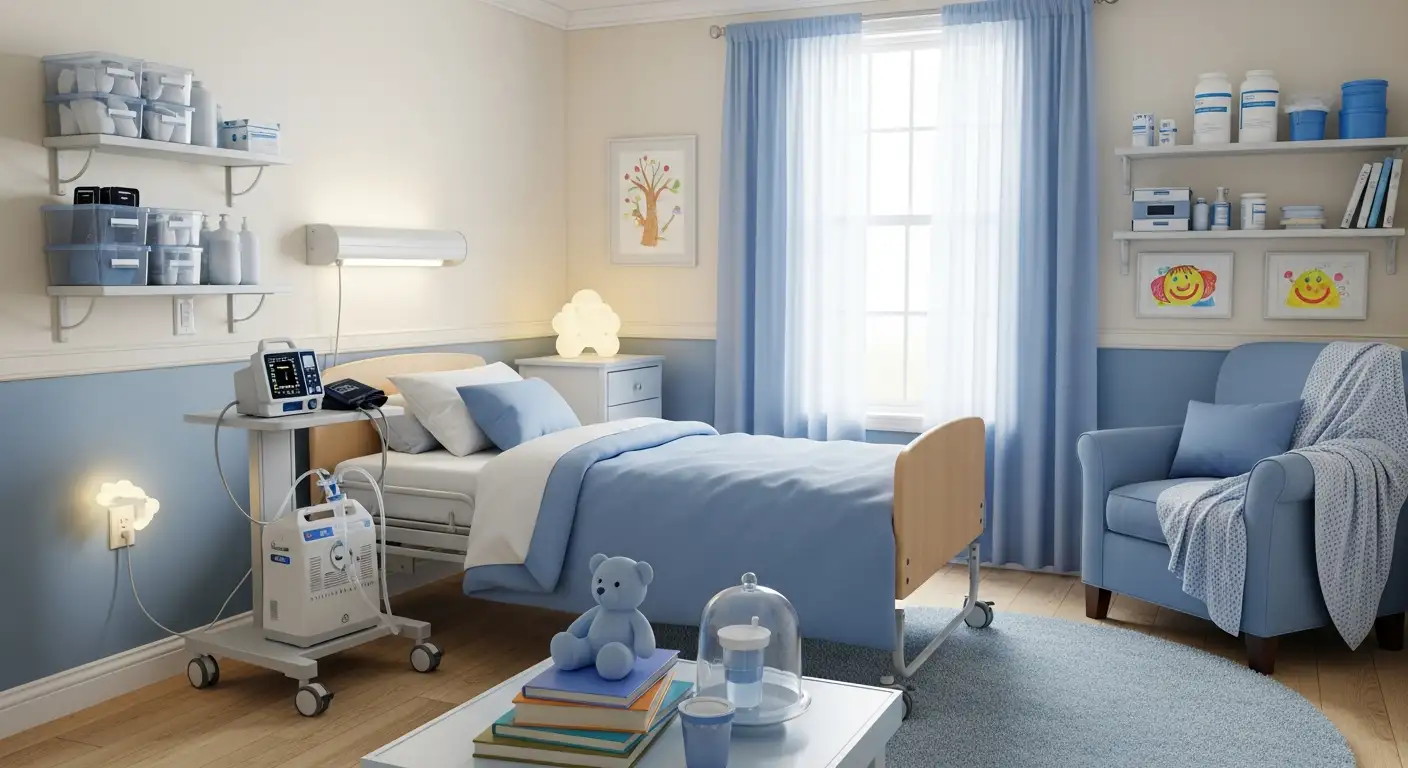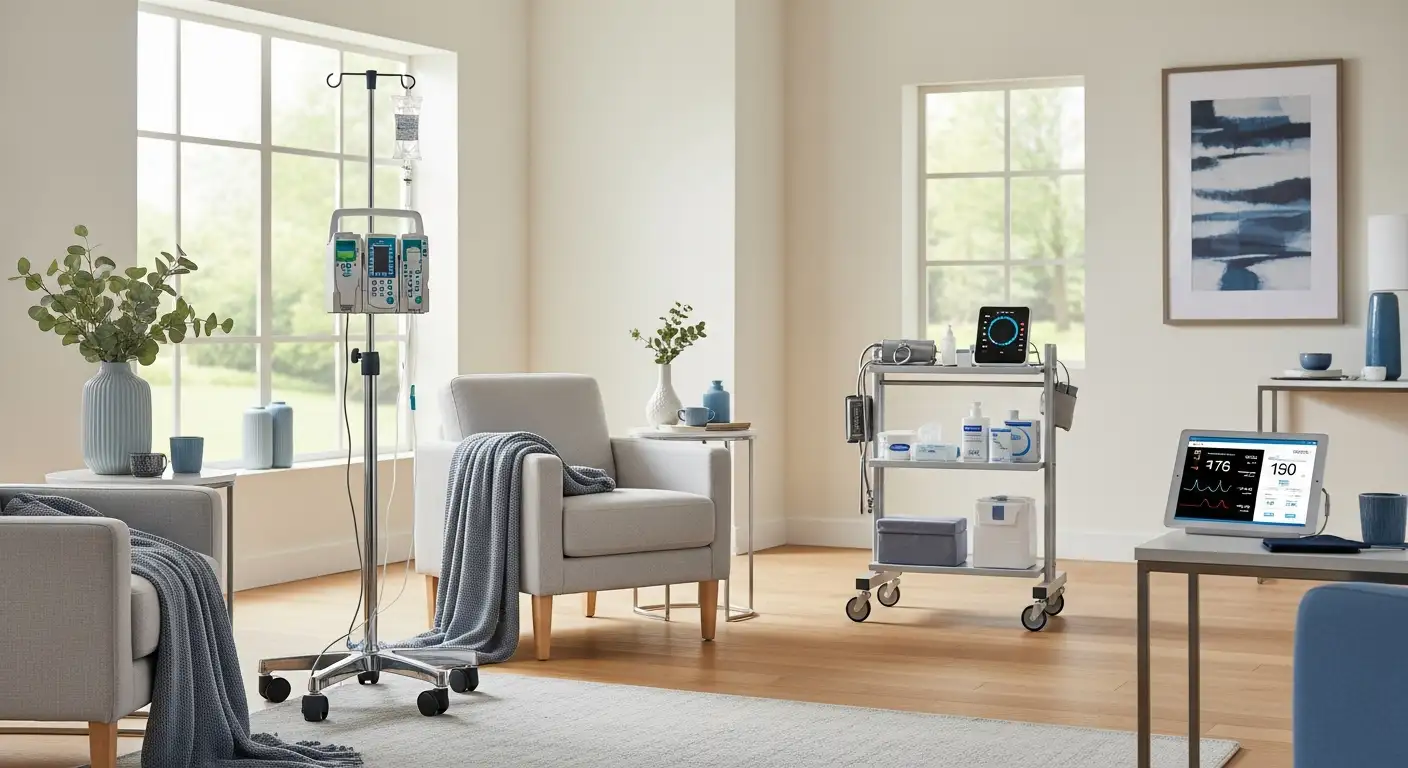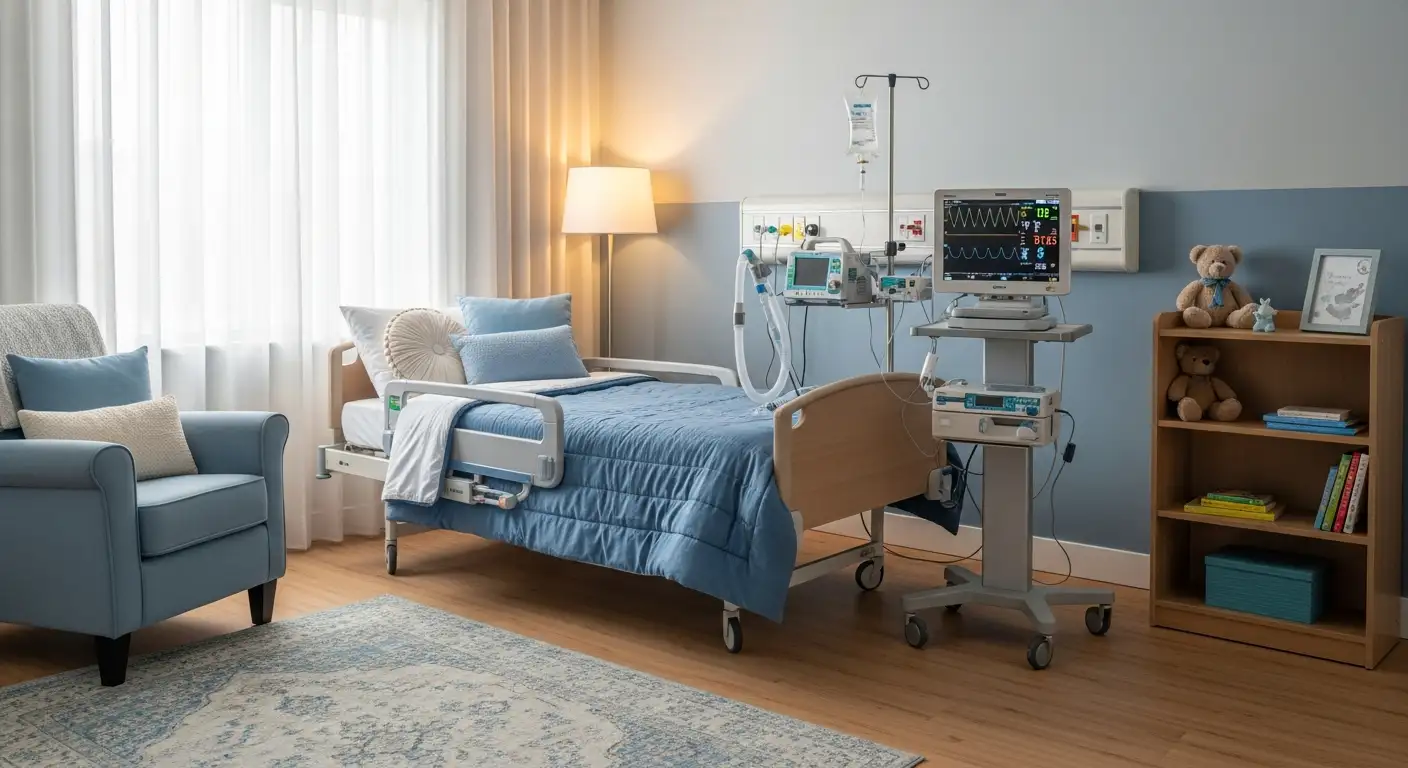Benefits of Art Therapy for Seniors
Art therapy offers various advantages for the elderly population, addressing emotional, cognitive, and social needs. This therapeutic approach enables seniors to engage creatively while enhancing their overall quality of life.

Emotional Well-being and Reflection
Art therapy promotes emotional well-being in the aging population by allowing individuals to explore their thoughts and feelings through creative activities such as painting, drawing, or sculpting. Engaging in these activities leads to improved mood and provides insight into their emotions. Research indicates that art therapy can reduce stress and anxiety, offering a creative outlet to express emotions and thoughts, resulting in decreased stress levels and increased feelings of calmness.
BenefitDescriptionEmotion ExplorationAllows seniors to convey and understand their feelings.Mood ImprovementEngaging in art can enhance overall mood and reduce depression.Stress ReductionProvides a calming effect, helping to alleviate anxiety.
Cognitive Function and Memory
Engaging in art therapy stimulates various areas of the brain, promoting cognitive functions such as memory recall, problem-solving skills, and attention span in older adults. The creative process involved in art therapy encourages critical thinking and decision-making, which contribute to maintaining cognitive function. Various studies have shown that art therapies can improve cognitive performance, enhance self-identity, and emphasize socialization in healthy aging [2].
Cognitive BenefitEffectMemory RecallEncourages the retrieval of memories and information.Problem-SolvingPromotes critical thinking and decision-making skills.Cognitive MaintenanceHelps maintain cognitive functions and attention span.
Social Connections and Belonging
Group art therapy sessions provide seniors with the opportunity to engage in self-expression while interacting with peers who share similar interests. Through these shared experiences, individuals foster a sense of belonging, encourage social interactions, and reduce feelings of loneliness. This community aspect is essential for emotional support and develops deeper connections among participants [1].
Social BenefitOutcomeShared ExperienceBuilds connections among participants through common interests.Reduced LonelinessHelps alleviate feelings of isolation among seniors.Increased SocializationEncourages regular interactions and the formation of friendships.
Art therapy offers a multidimensional approach to enhancing seniors' emotional health, cognitive functions, and social connections, making it a beneficial practice in promoting overall well-being.
Impact of Art Therapy
Art therapy has a profound impact on seniors, addressing various aspects of their mental, emotional, and social well-being. This section explores the key areas where art therapy makes a difference, including stress and anxiety reduction, cognitive enhancement, and personal growth.
Stress and Anxiety Reduction
Art therapy can significantly alleviate stress and anxiety among older adults. It provides a creative outlet to express emotions and thoughts, leading to decreased stress levels and increased feelings of calmness. According to Senior Friendship Centers, engaging in creative activities helps seniors process their feelings effectively, contributing to emotional well-being. Studies have shown that seniors participating in creative arts experienced lower levels of depression and loneliness, becoming more positive overall.
Art therapy allows older adults to express their inner experiences visually, fostering healthy coping skills and a sense of accomplishment. This is especially beneficial for those who may struggle with verbal expression due to conditions such as Parkinson's disease or dementia [4]. The non-verbal nature of art therapy makes it an effective means of communication for these individuals.
Cognitive Enhancement and Mental Well-being
Engagement in art therapy stimulates different areas of the brain, promoting memory recall, problem-solving skills, and improving attention span. This cognitive activation can help maintain cognitive function in seniors, encouraging critical thinking and decision-making processes. Art therapy has been shown to improve cognitive performance, proprioception, and reduce loneliness and depressive symptoms.
Additionally, art therapy provides a means of expression and exploration, supporting a sense of purpose and productivity among older adults. By honoring their experiences through art, therapists help amplify their voices and validate their feelings.
Healing and Personal Growth
Art therapy plays a vital role in addressing specific issues like grief, trauma, and chronic pain. By allowing individuals to focus on creativity, it encourages relaxation and emotional healing [3]. Regular participation in art therapy can also help prevent cognitive decline associated with aging, offering older individuals a unique form of communication and personal development.
Adapting art therapy to highlight the strengths and capabilities of older adults allows for continued engagement even with physical or cognitive limitations. Art therapists empower clients to participate despite disabilities by adapting instructions and the environment for inclusivity [4]. Seniors often have a willingness to try new things, making them suitable participants in art therapy sessions, where they can engage in self-discovery and healing through creativity.
Art Therapy Techniques
Art therapy offers various techniques that cater specifically to the needs and preferences of seniors. These methods provide opportunities for self-expression, interaction with peers, and addressing emotional and cognitive challenges.
Self-Expression Through Art
Art therapy serves as an effective alternative for seniors who may struggle with verbal communication due to mental or physical decline. Through various artistic mediums, such as painting, drawing, or crafting, seniors can express their feelings and thoughts freely [3]. This form of self-expression helps them cope with emotions and enhances their emotional well-being.
Artistic engagement allows seniors to explore their creativity, often leading to a sense of accomplishment and pride. Importantly, self-expression through art can be particularly beneficial for those who feel isolated or unable to articulate their experiences verbally, providing a vital outlet for their inner thoughts.
Group Art Therapy Sessions
Group art therapy sessions provide seniors with a collaborative space to express themselves creatively alongside peers who share similar interests. These sessions not only offer a creative outlet but also foster interaction and connection, reducing loneliness and promoting a sense of belonging [1].
The social interactions that occur during group therapy contribute significantly to emotional health. Participants can share their art, engage in discussions, and support one another, creating a nurturing environment that encourages camaraderie and emotional support.
Benefits of Group Art TherapyDescriptionSocial InteractionEncourages friendships and mitigates feelings of loneliness.Sense of BelongingFosters community and connection among participants.Creative CollaborationEncourages shared experiences and collective creativity.
Addressing Specific Issues
Art therapy can play a crucial role in addressing specific issues faced by aging adults, such as grief, trauma, or the challenges of aging. Engaging in artistic activities can facilitate emotional healing and personal growth, providing a unique form of communication that resonates deeply with seniors [1].
Older individuals often approach art therapy with open minds, displaying a willingness to try new things without fear of judgment. This openness allows them to engage sincerely in the creative process, which can lead to significant emotional breakthroughs. Regular participation in art therapy sessions also has potential cognitive benefits, assisting in the prevention of cognitive decline associated with aging.
Issues AddressedDescriptionGriefProvides an avenue to express and process feelings of loss.TraumaAids in emotional healing through creative expression.Cognitive DeclineEncourages mental engagement and creativity as a preventive measure.
These art therapy techniques offer invaluable support for seniors, promoting emotional well-being and enhancing their overall quality of life. By emphasizing self-expression, group interaction, and targeted emotional healing, art therapy establishes a foundation for meaningful engagement in their later years. For more information on activities that support seniors, check out our articles on senior-focused telemedicine services and geriatric mental health services.
Art Therapy for Cognitive Health
Art therapy plays a significant role in enhancing cognitive health among seniors. Engaging in creative activities not only stimulates artistic expression but also promotes cognitive functions that are crucial for maintaining mental acuity in older adults.
Memory Recall and Problem-Solving
Engaging in art activities through art therapy stimulates different brain areas, particularly those involved in memory recall and problem-solving skills. Creative expression encourages critical thinking and decision-making processes, which help in maintaining cognitive function as individuals age [1]. Various art forms, such as painting or sculpting, require seniors to tap into their memories and apply problem-solving strategies, further enhancing their cognitive abilities.
Art ActivityCognitive BenefitPaintingEncourages memory recall and creativitySculptingEnhances problem-solving and critical thinkingDrawingImproves fine motor skills and attention span
Cognitive Maintenance and Brain Stimulation
Art therapy has been shown to be effective in maintaining cognitive function among seniors. Studies indicate that engaging in artistic activities can lead to significant improvements in overall mental well-being, including enhanced cognitive function even in individuals with severe memory loss [5]. This brain stimulation is vital for promoting mental resilience and healthy aging.
Study FindingsCognitive Enhancement BenefitsEngagement in artistic activitiesImproved cognition, creativity, and emotional expressionRegular participation in art therapyEnhanced focus and mental agility
Prevention of Cognitive Decline
Research indicates that art therapy interventions can be effective in preventing cognitive decline associated with aging. Older adults who participate in art activities experience improvements in cognitive performance, which aids in delaying the onset of age-related pathologies such as Alzheimer's disease. The therapeutic benefits of engaging in creative tasks also contribute to reducing feelings of loneliness and symptoms of depression, creating a holistic approach to cognitive health and emotional well-being.
Prevention StrategyImpact on Cognitive HealthRegular participation in art therapyDelay in cognitive decline, enhanced self-identitySocial interactions during art sessionsReduction in loneliness and depression symptoms
Art therapy serves as a valuable tool for enhancing cognitive health in seniors. By fostering memory recall, problem-solving skills, and overall cognitive maintenance, art therapy not only helps in preventing cognitive decline but also facilitates emotional well-being. For more insights into the benefits of art and music therapy, visit our section on senior art and music therapy.
Enhancing Quality of Life Through Art
Art therapy is a valuable resource for enriching the lives of seniors by supporting their mental and emotional well-being. By engaging in creative processes, older adults can experience a profound sense of self-identity, physical benefits, and a therapeutic outlet.
Self-Identity and Meaningful Life
Art therapy allows older adults to express their inner experiences visually, fostering a sense of mastery and accomplishment. This is particularly beneficial for those facing challenges in verbal expression due to conditions like Parkinson's disease, dementia, or aphasia. Engaging in creative activities can enhance self-identity, contribute to a more meaningful life, and reduce feelings of loneliness and depressive symptoms. According to the research published by the NCBI, art therapies improve cognitive performance and emphasize the importance of socialization in healthy aging.
BenefitDescriptionEnhanced self-identityIndividuals can explore and express their personal stories and experiences.Meaningful engagementParticipation in art activities provides purpose and fulfillment.Reduction of lonelinessSocial interaction during art sessions helps combat feelings of isolation.
Physical Benefits of Art Therapy
Engagement in art therapy can also lead to physical benefits for seniors. Creative activities often involve fine motor skills and coordination, which are essential for maintaining dexterity and overall physical health. Additionally, art therapies have been shown to reduce depressive symptoms, creating a more conducive environment for general well-being. Creative arts not only address emotional and cognitive aspects but also contribute to improving perceptions of health and quality of life among older adults, as noted by the American Art Therapy Association.
Physical BenefitEffectImproved motor skillsEngaging in art activities enhances fine motor coordination.Reduced depressive symptomsPhysical creative expression leads to better emotional health.Enhanced cognitive performanceArt-making fosters brain engagement through problem-solving.
Art as a Therapeutic Outlet
Art serves as a therapeutic outlet for seniors, providing a safe space to process emotions and experiences. In a structured setting, seniors can communicate their feelings without the pressure of conventional dialogue, which may be difficult for them. Creative arts therapies allow for self-expression and can catalyze coping skills and healthy outlets for emotions. Research indicates that these interventions can lead to improvements in well-being and quality of life, thereby reducing the risk of depression and cognitive decline in older adults (NCBI).
Through art therapy, older individuals are encouraged to engage in active art-making processes that not only improve their emotional well-being but also foster social connections with peers, thus promoting a sense of community.
For more insights on how art can facilitate social connections, explore our article on intergenerational programs for seniors.
Unique Aspects of Art Therapy
Art therapy offers several unique aspects that make it particularly beneficial for older adults. These include the ability to adapt for physical limitations, encourage productivity and purpose, and foster a willingness to try new experiences.
Adapting for Physical Limitations
Art therapy is highly adaptable, which allows older adults to participate regardless of their physical or cognitive limitations. By modifying instructions and creating a supportive physical environment, art therapists empower clients to engage in creative activities that highlight their strengths.
This adaptability ensures that individuals with limited mobility or cognitive challenges can still enjoy the therapeutic benefits of art. For instance, using larger brushes or tools can make it easier for those with dexterity issues to participate fully in the creative process.
Adaptation TypeBenefitModified ToolsEnhanced participation for those with limited dexteritySimplified InstructionsIncreased understanding for individuals with cognitive challengesAccessible SpacesComfort and ease of access for those with mobility issues
Encouraging Productivity and Purpose
Engaging in art therapy provides older adults with a sense of productivity and purpose. Through creative expression, individuals can effectively combat feelings of loneliness and depression while emphasizing the importance of socialization in healthy aging [2].
Creating art can lead to a tangible sense of accomplishment, fostering self-esteem and encouraging continuous creative exploration. Art therapies enhance self-identity and contribute to a meaningful life, which is essential for emotional health in later years.
Benefit of EngagementOutcomeImproved Self-IdentityEnhanced mental and emotional well-beingReduced LonelinessStronger social connections and sense of belongingIncreased CreativityEncourages ongoing engagement and exploration
Older Adults' Willingness to Try New Things
Many older adults demonstrate a remarkable willingness to try new things when participating in art therapy. This openness can be stimulated through creative arts therapies, which have been shown to enhance mental health through active art-making [2].
Participating in art therapy not only provides a platform for self-expression but also encourages older adults to step outside their comfort zones, promoting personal growth and adaptability. As they engage in new activities, older adults may also experience increased self-confidence and self-efficacy, enhancing their overall quality of life in various aspects.
Activity TypeResultNew TechniquesGrowth in personal skills and creativityCollaborative ProjectsOpportunities for connection and teamworkExploration of MediumsEnhanced adaptability and willingness to learn
Art therapy plays a significant role in enhancing the lives of older adults, opening doors for creativity, self-expression, and connection with others. By focusing on these unique aspects, caregivers can help foster a more enriching and supportive environment for elderly individuals engaging in senior art and music therapy.
References
[2]:
[3]:
[4]:
[5]:



